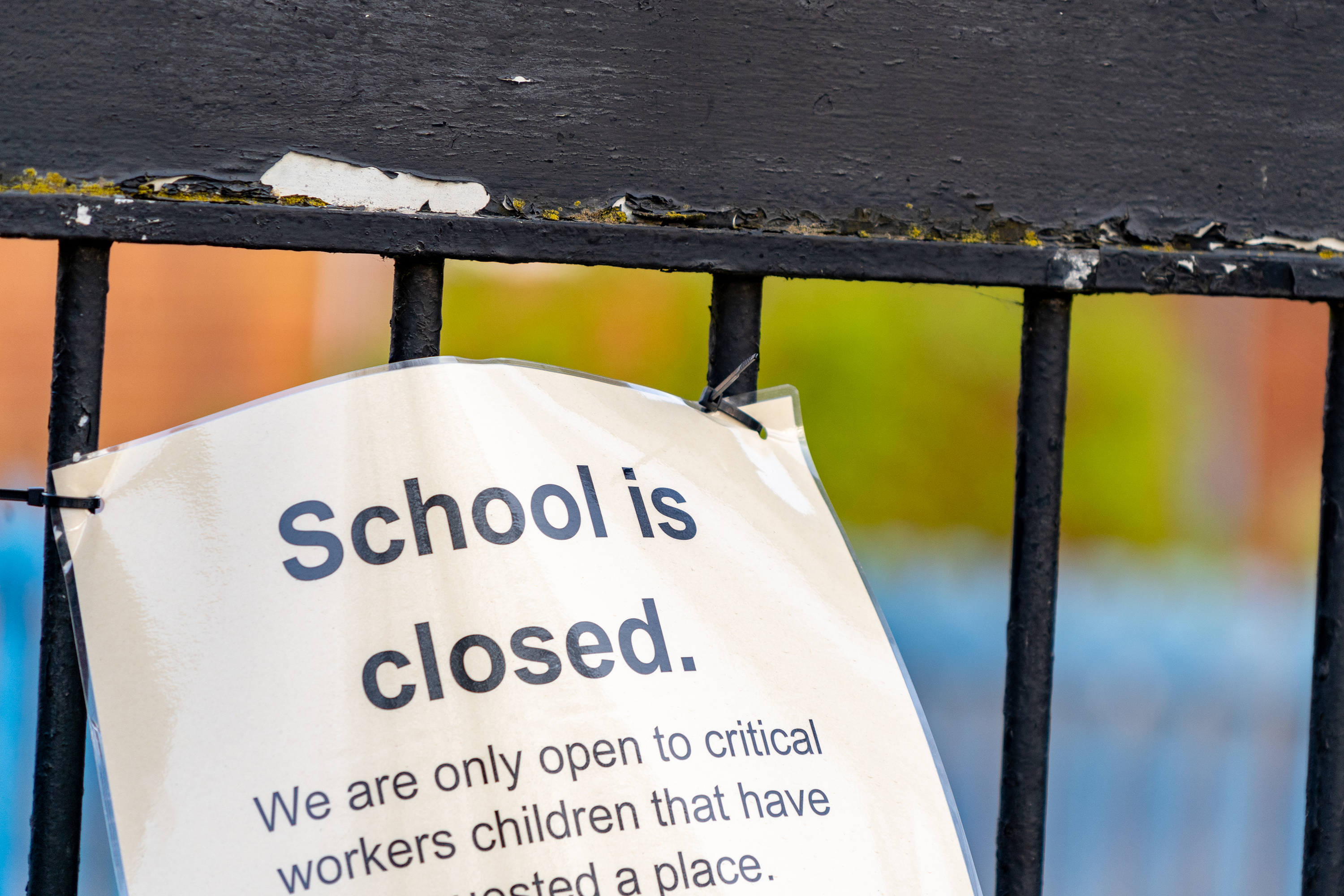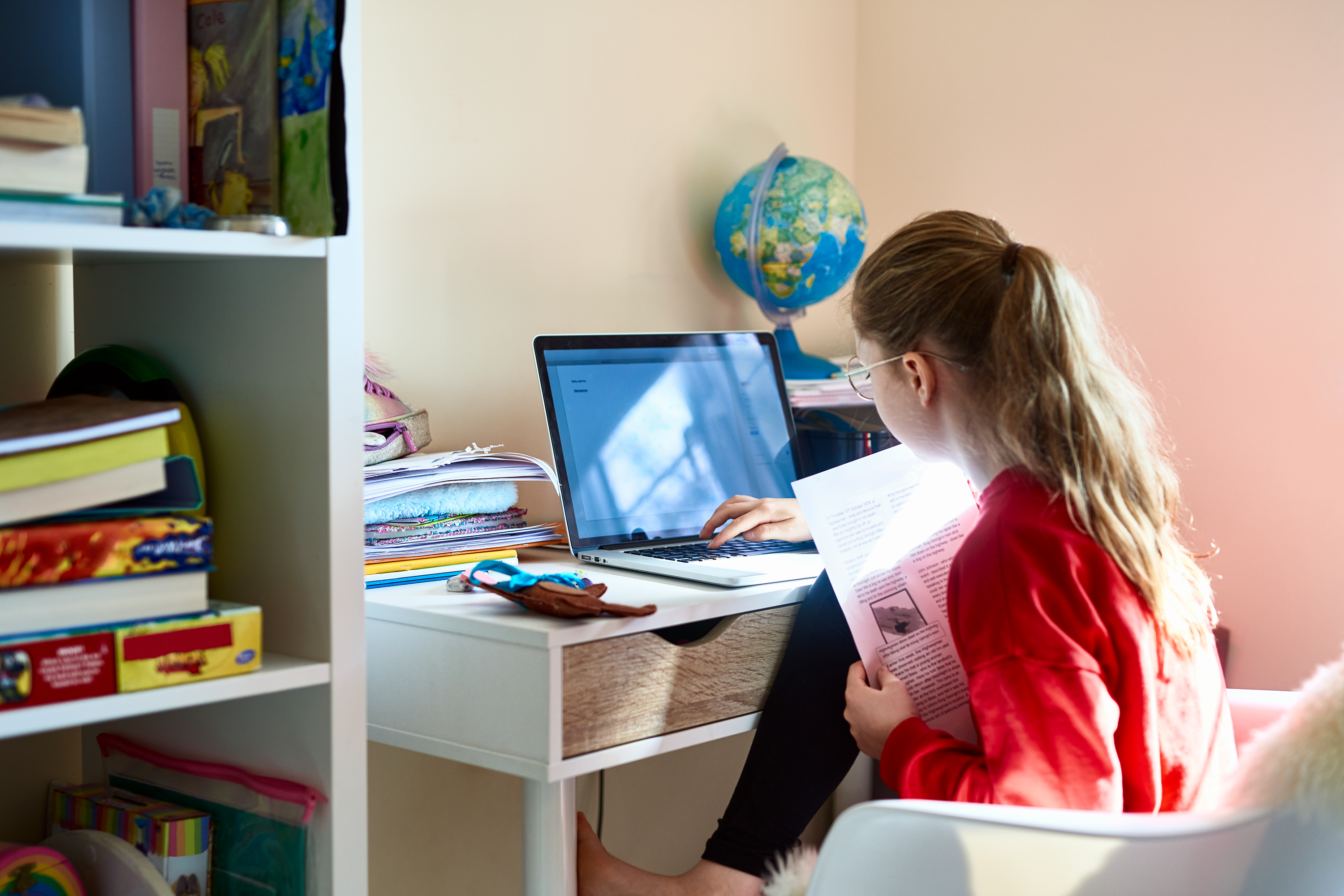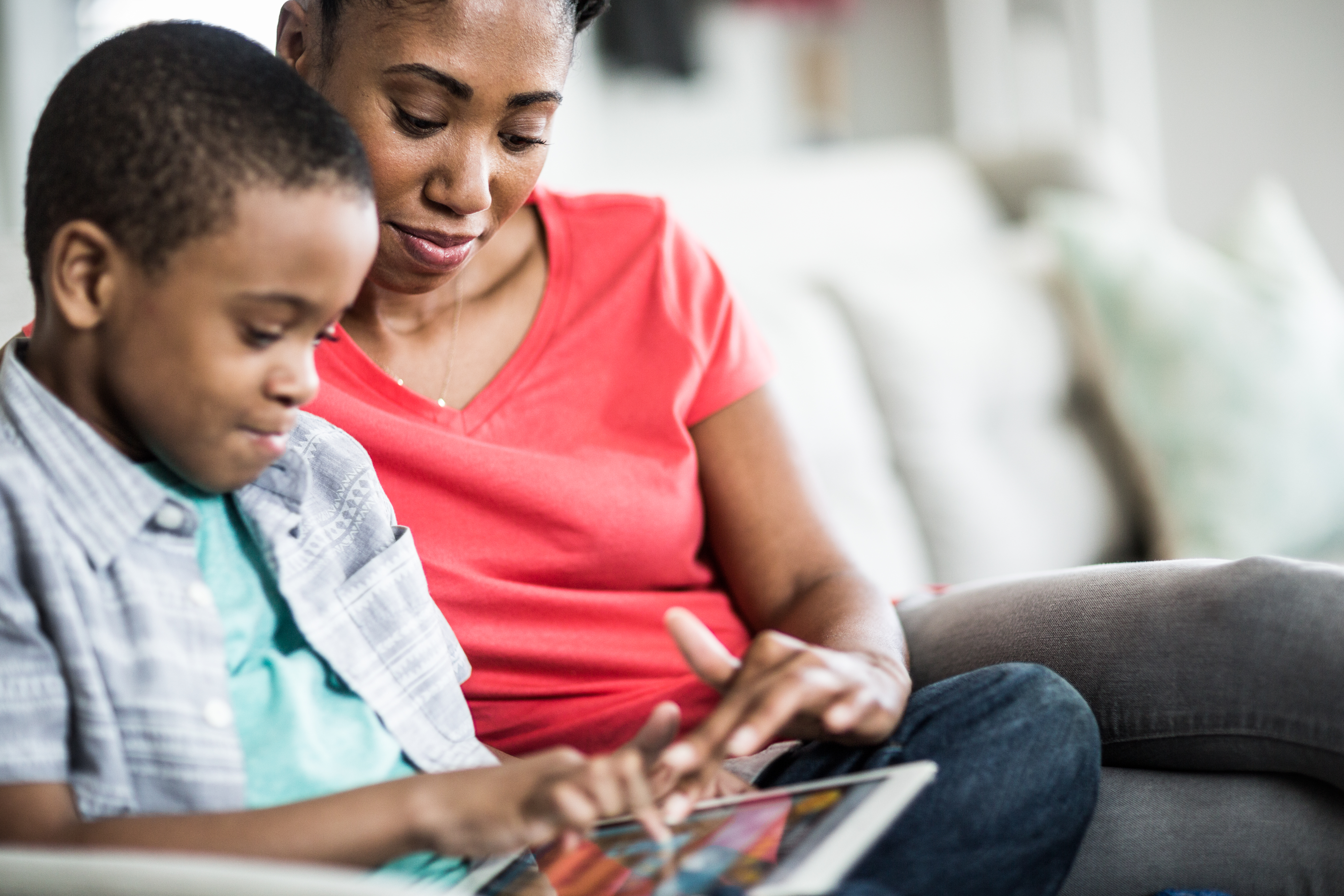Will schools close again in the UK as coronavirus cases rise?
Looking ahead to next year, many are worried that schools will close again in the UK if coronavirus cases continue to rise. This is what we know now...


After the first wave of coronavirus forced families to homeschool children, many parents and children alike are worried that if there is a third wave of coronavirus in the new year, schools will close again in the UK.
Now, the worry has increased as the government is allowing some schools to close early for Christmas and many have concerns over whether schools will close again if coronavirus cases in the UK continue to rise and there is a January lockdown, like the first national lockdown in England.
Earlier this year, along with all non-essential businesses closing and many people forced to work from home, schools across the country went virtual and many parents had to look for homeschooling advice to help teach children their school curriculum as normal, outside the classroom. For many pupils, this was as much of a success as it could have been but for others, it seriously impacted their education.
A report from the Sutton Trust revealed that almost 60 per cent of privately educated pupils received online lessons every day and 60 percent of private school students, along with over 30 percent of state-school students from affluent areas, had an online platform to receive work. However, The Sutton Trust reported some serious failings in other areas as privately educated pupils were twice as likely to have online daily lessons than state-school educated children, and in the most deprived schools around the country, 15 percent of teachers reported that more than one in three of their students wouldn’t have suitable access to an electronic device for virtual learning.
So now, after the UK's second lockdown has come to an end and we're looking ahead to 2021, will talks of another lockdown affect schools in the future?
Will schools close again in the UK as coronavirus cases rise?

It’s good news for most, as most schools are unlikely to close again in the UK in the coming weeks even under the harshest localised lockdown restrictions.
The government updated their guidance at the beginning of December to reflect this and has stated, "It continues to be the aim that pupils in all year groups remain in school full-time throughout the autumn term" and the guidance will be updated in the new year, in light of any new restrictions that will be imposed after an increase in cases over Christmas.
Parenting advice, hot topics, best buys and family finance tips delivered straight to your inbox.
In some areas, however, government figures have called for schools to close early for Christmas. In the capital, coronavirus rates are now confirmed to be doubling every day and some boroughs are struggling to maintain the virus more than others. London's Greenwich council have become the first in England to directly advise schools to close as a result of the rising infection, with the support of mayor Sadiq Khan and the National Education Union (NEU).
Sadiq Khan described the situation as "deeply concerning" and said that he wanted regular asymptomatic testing to be extended to anyone who can't work from home, along with students and all staff at London's secondary schools, sixth-form colleges and further educational settings.
It comes as Health Secretary Matt Hancock has announced that there will be increase testing in England for high problem areas, including those in Essex and Kent as well as the capital.
While Kevin Courtney, joint secretary of the NEU, told BBC Radio London this morning that Sadiq Khan had made the right decision and that schools should close. He said, "Sadiq Khan is making the right decision in saying that schools should close. It's not long until the end of term. The government has said that schools have a inset day on Friday so it's only four days really, but in those 4 days cases can really increase dramatically."
"As the mayor of London says in his letter to government, 'The biggest threat of the virus is in education settings, particularly among the 10 to 19 age group. So he's looking at the data, saying that's where cases are increasing, he's worried about what's going to happen over Christmas. Our concern is that 1000 extra cases now can be 3000 extra cases when you're in the close confines of meeting with your family."
This doesn't mean that schools in England or even just in London will close early, as ultimately, it's up to individual councils. Private schools and academies are also independent from this and can make up their own minds about whether or not to close in the coming days.
It's thought some will continue to follow general government advice to keep schools open for the next week, as expert advice and the detrimental impact of previous lockdown rules weighs heavy on people's minds. So if you're worried about your child's school closing (or not closing!) over the coming days, the best way to find out what's going on is to get in contact.
Why are schools not closing?

Despite evidence suggesting that half of schools in England and Northern Ireland have had to send 'bubbles' of pupils home due to coronavirus, schools are largely not closing because of the devastating impact it would have on educating young people in the UK.
READ MORE: What is the difference between tier 2 and tier 3 as more cities join the highest tier lockdown list?
Learning time in all schools dramatically dropped during lockdown, according to the Institute of Fiscal Studies. Primary school students, on average, spent 25% less time learning on a typical school day during lockdown than before it. This means that their standard 6 hour school day was reduced to 4.5 hours and so children missed out on essential learning time. The same was said for secondary schools, where there was an even bigger difference, as students went from learning for 6.6 hours a day to just 4.5 hours during the lockdown. Joined with existing research that shows extra learning time leads to better educational results, this is particularly worrying for those children set to take exams in the coming year.
Missing out on learning time means that some parts of the curriculum, which are included in GCSE and A-level exams by law, won't be covered in class and so children will be forced to teach themselves from their own textbooks and online resources provided by the school, which has undoubtedly had mixed results over the last six months.
Unearthed inequalities from the first lockdown have led to further research on the matter in the last few months and a report published by the London School of Economics in November reiterates the need for schools to stay open in the long-term. They argue that during the second lockdown, the benefits of keeping schools open during the second lockdown were "greater than the risk of increased transmission among school communities".
Sandra McNally, Director of the Education and Skills Programme at CEP, and Jo Blanden from the London School of Economics both said in the report that closing schools also has a huge impact on parents and their ability to work.
"Many parents struggled with the additional burden of full-time childcare and supervising home learning when schools closed in March. Evidence from surveys in lockdown indicate that working parents struggled to cope with these new demands, and that women were more likely to lose their jobs or be furloughed. When fathers reduced their work, they did a greater share of childcare than usual, although women still did the lion’s share of the extra work. Moreover, during the spring lockdown, 45% of mothers’ work hours and 26% of fathers’ were simultaneously spent taking care of children. Consequently, there were large declines in mental health among those with young children.
Naturally overall, extensive school closures have obvious adverse effects on children – which are large in magnitude – and also have a wider effect on family life which further hinders mental health, work, and general resilience. The costs of further closure should not be underestimated. Indeed, a recent commentary in Science states that ‘If communities prioritize suppressing viral spread in other social gatherings, then children can go to school.’
"This is what the government is trying to achieve, and it should continue this path."

Grace Walsh is a health and wellbeing writer, working across the subjects of family, relationships, and LGBT topics, as well as sleep and mental health. A digital journalist with over six years experience as a writer and editor for UK publications, Grace is currently Health Editor for womanandhome.com and has also worked with Cosmopolitan, Red, The i Paper, GoodtoKnow, and more. After graduating from the University of Warwick, she started her career writing about the complexities of sex and relationships, before combining personal hobbies with professional and writing about fitness.